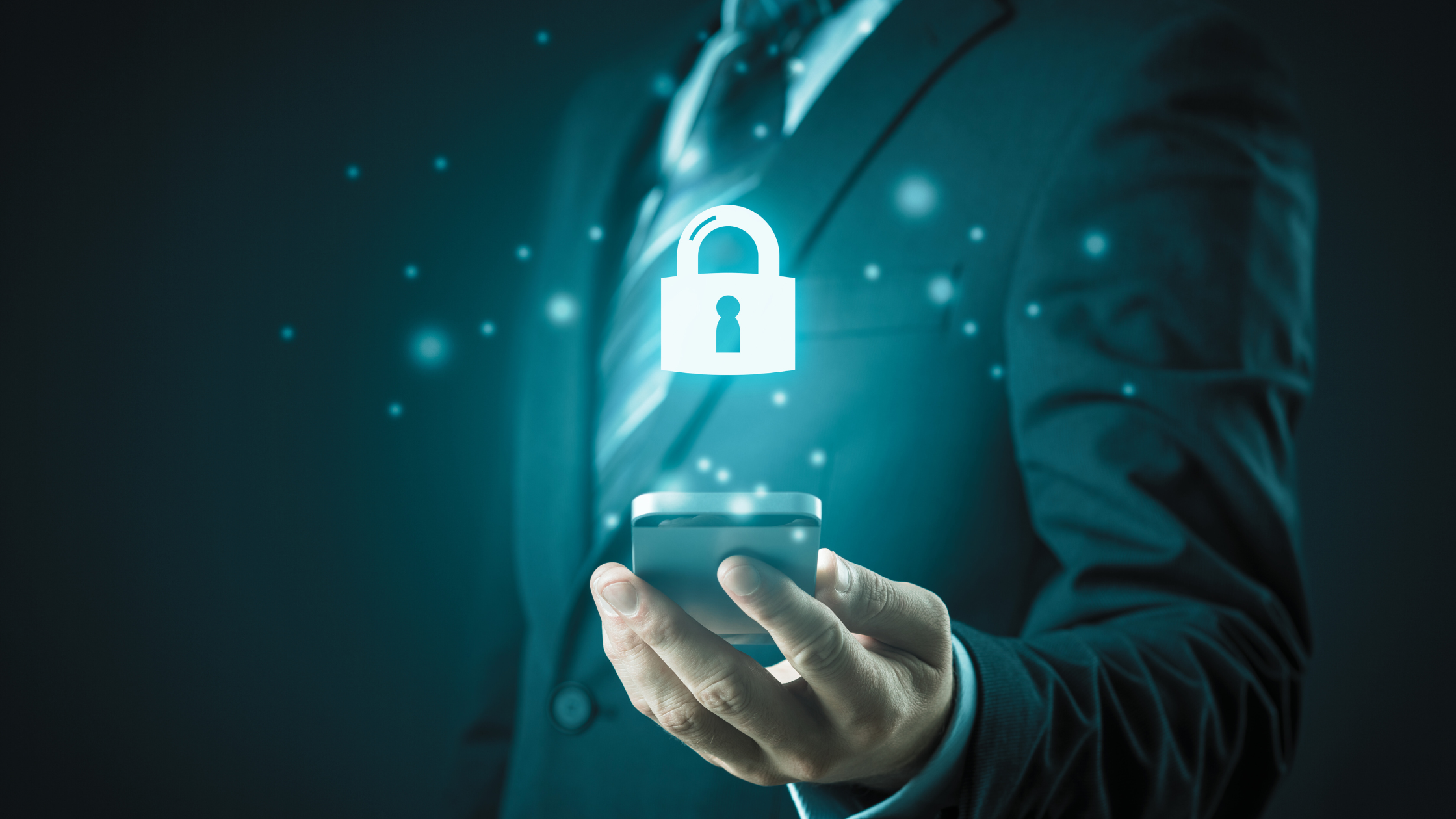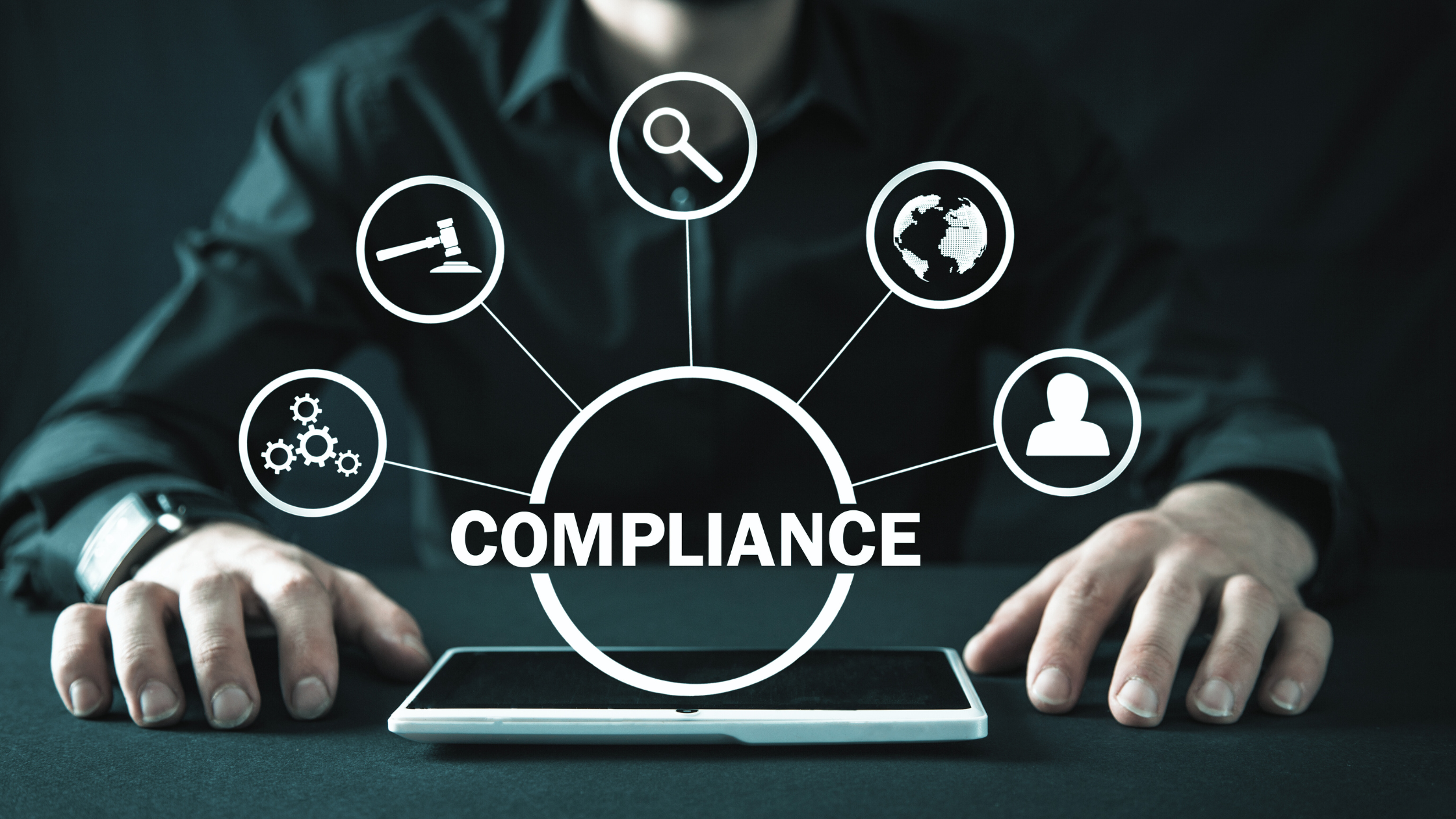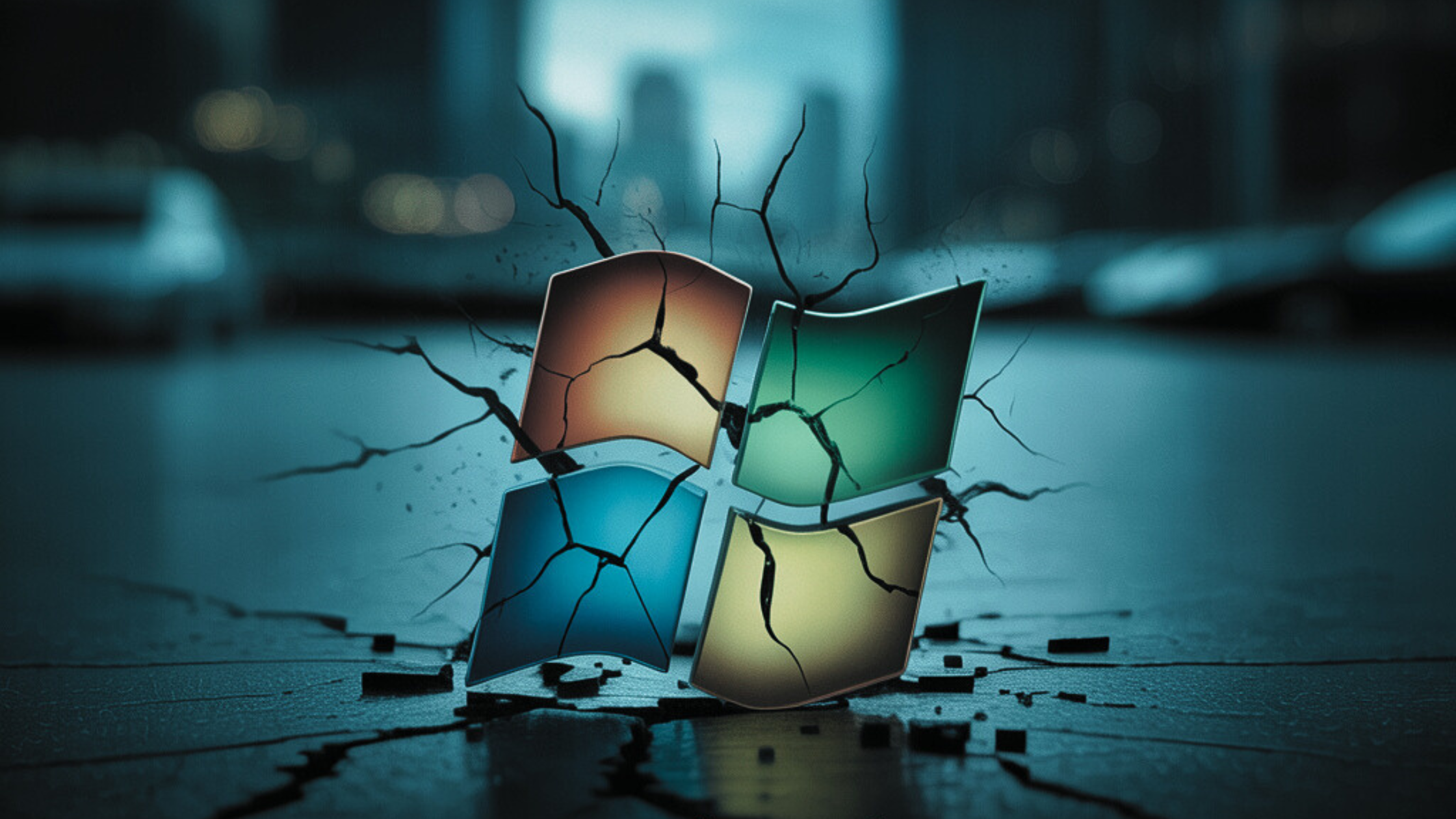A computer virus is a type of computer program that, when executed, replicates itself by modifying other computer programs and inserting its own code. When this replication succeeds, the affected areas are then said to be “infected” with a computer virus. This can shut down and steal your files.
Viruses can be spread through email attachments, Internet file downloads, and social media scam links. Your mobile devices and smartphones can become infected with mobile viruses through shady app downloads.
Keep your devices safe with these tips.
- Install anti-virus software:
- Having protection software is the first step, keeping it up to date is the second step and just as important.
- Keep your operating systems current:
- OS developers are always issuing security patches that fix security leaks with every update.
- Secure your network/ do not use open networks:
- Have a password for every wireless connection whether it be your Wi-Fi or even your printer. A hacker and even malware can get through an unencrypted network.
- Think before you click:
- Do not click on a link in an unsolicited email. Always hover over a link before you click to see where the link is really taking you. If you must download a file from the Internet, an email, an FTP site, a file-sharing service, etc., scan it before you run it. A good anti-virus software will do that automatically, but make sure it is being done.
- Keep your personal information safe:
- Many hackers will access your files through social engineering. They will get enough of your information to gain access to your online accounts and will gather more of your personal data. They will continue from account to account until they have enough of your info that they can access your banking data or just steal your identity altogether. Be cautious on message boards and social media. Lock down all your privacy settings and avoid using your real name or identity on discussion boards.
- Back up your files:
- Ideally you should have your files (data) backed in three places. You can use a backup service or an external hard drive to back them up off site.
- Use multiple strong passwords:
- Never use the same password, that makes it easier to get into more than one account.
Viruses can destroy your business and your personal files/photos.
Let us help you to be protected before your devices gets infected.






